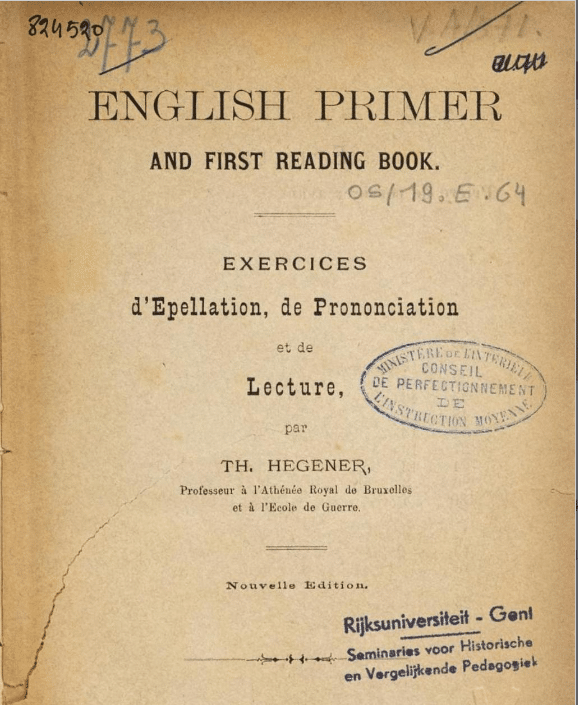Federal Court Enjoins New Jersey Statute Sanctioning Russia
Following Russia’s full-scale invasion of Ukraine in 2022, New Jersey enacted a statute (the “Russia Act”) prohibiting state agencies and political subdivisions from doing business with entities engaged in “prohibited activities” in Russia. In Kyocera Document Sols. Am., Inc. v. Div. of Admin., district court judge Robert H. Kirsch held that the statute is preempted…
Continue Reading11th Circuit Enjoins Enforcement of Florida Statute on Alien Ownership of Property
Foreign ownership of agricultural property in the United States has become more common over the past decades, leading to increased efforts to limit the practice. The U.S. Court of Appeals for the Eleventh Circuit is currently waiting to hear oral arguments in Shen v. Simpson a challenge to a Florida statute (SB 264) that restricts…
Continue ReadingExecution of Judgments Against the Assets of Foreign Sovereigns Located Abroad
The Foreign Sovereign Immunities Act (FSIA) provides immunity from execution for the “property in the United States of a foreign state.” It does not confer immunity on a foreign state’s property located abroad. The limitation makes sense: to the extent that a foreign sovereign’s property located outside the United States is not subject to the…
Continue ReadingUpdate on Cassirer
Last year, the Supreme Court decided Cassirer v. Thyssen-Bornemisza Collection Foundation, a case about choice of law under the Foreign Sovereign Immunities Act (FSIA). This post gives a quick update on what has happened since, and where things are going next. Cassirer is a lawsuit about the ownership of a Camille Pissarro painting, surrendered by…
Continue ReadingThoughts on the Petitioner’s Brief in Great Lakes
In a prior post, I surveyed the facts, procedural history, and potential significance of Great Lakes Insurance SE v. Raiders Retreat Realty Co., LLC, an upcoming Supreme Court case about the enforceability of choice-of-law clauses in maritime insurance contracts. In this post, I offer some thoughts on the brief filed by the petitioner, Great Lakes Insurance…
Continue ReadingMallory Decision Opens New Path for Personal Jurisdiction
The Supreme Court’s decision in Mallory re-opens the door to suing foreign companies in U.S. courts over disputes that arise in other countries. It may also have significant repercussions for personal jurisdiction doctrine more broadly.
Continue ReadingClimate Change Decision Points to the World’s Courts
Earlier this year, the Supreme Court of Hawaii issued a major decision about climate change. The case related to a request that the state Public Utilities Commission (PUC) approve a biomass power plant that purportedly would have had negative environmental effects. The PUC denied approval and the Supreme Court affirmed, announcing that the state constitution’s…
Continue ReadingDon’t Forget About State Courts
Transnational litigation in the United States is often thought of as a matter for the federal courts. While it is true that many transnational cases end up in federal courts, state courts routinely hear transnational cases too. Scholars have started to catch on, with recent papers studying state courts’ approaches to the presumption against extraterritoriality,…
Continue ReadingA Primer on Service of Process
Serving process on a defendant does two things: (1) it asserts the court’s authority over the defendant; and (2) it provides the defendant with notice of the lawsuit. In the United States, process can be served by private parties. But many foreign states regard service as a public act that can be done only by…
Continue ReadingIs the Treaty Supremacy Rule Really Dead?
In Medellín v. Texas, the U.S. Supreme Court held that a non-self-executing treaty does not supersede conflicting state law, or perhaps that courts cannot enforce non-self-executing treaties to override conflicting state laws. After Medellín, one would have expected state courts in treaty supremacy cases to begin their analyses by determining whether a treaty is self-executing….
Continue Reading- « Previous
- 1
- 2
- 3
- 4
- Next »






